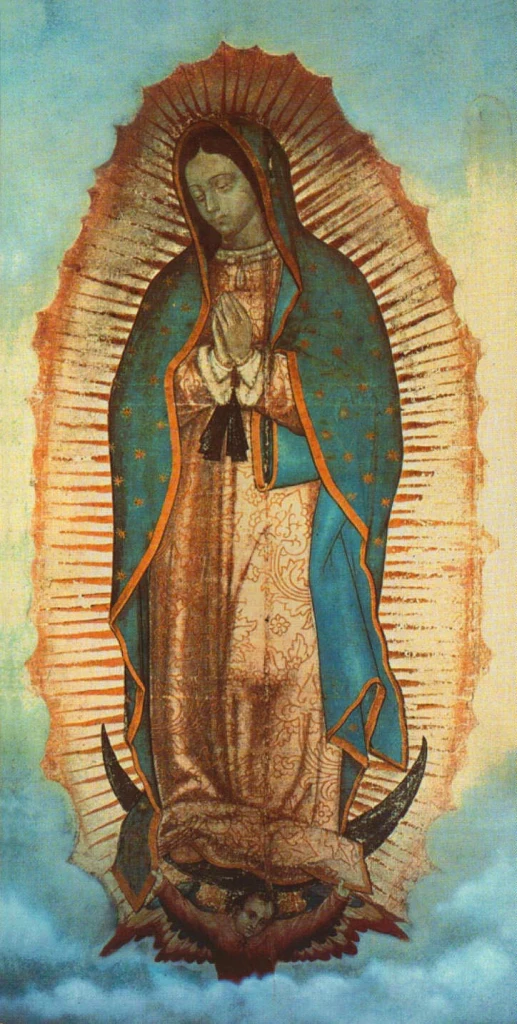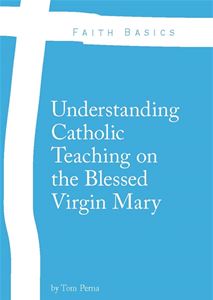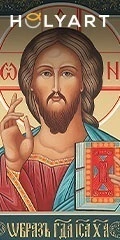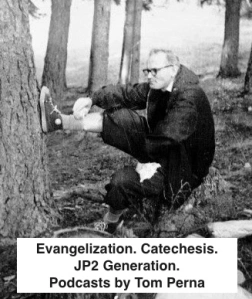Not to be confused with Saint Peter Chrysologus – GoldenWord, today’s memorial is for Saint John Chrysostom – Bishop of Constantinople, Eastern Church Father, and Doctor of the Church. He was given the name Golden Mouth because of his eloquent homilies and teachings. To read some of his writings and teachings, please see the complementary post, The Words of St. John Chrysostom.
Saint John Chrysostom was born in Antioch (modern day Syria) around the year 347. His parents were named Secundus and Anthusa. His father, Secundus, died an early death leaving his mother a widow at the age of 20. She was a pious woman who cared for her family and kept her devotions to Christ. She provided John with the most ablest education at the time. He studied under Libanius, the great pagan orator of the time.
While a law student at the age of 20 years old, he was baptized into the Christian faith. It was a custom at this time to hold off Baptism. Once baptized, John, along with Basil and Theodore (future Bishops of the Church), entered a school for monks. In 374, they entered a small rag-tag group of hermits who lived among the mountains south of Antioch. After living in a cave as a hermit for nearly six years, John had to return to Antioch due to his failing health, which recovered after leaving the caves.
In 381, St. Meletius ordained him a deacon. He was ordained to the priesthood in 386 and was declared a preacher. He served in this position for twelve years while also working as the Bishop’s secretary. After the death of Nectarius, Archbishop of Constantinople, Emperor Arcadius, sent an order requesting that John be made Archbishop of Constantinople. The Emperor wanted the news to be kept silent since John was very popular and he did not want sedition to break out. Although Theophilus, Archbishop of Alexandria, suggested one of his men for the post, he was pushed aside for John Chrysostom. He was consecrated as Archbishop of Constantinople on February 26, 398.
As Archbishop he did many great things for Constantinople –
First, he cut down expenses that had been raised by his predecessors for their own use. These expenses were given to the poor and to support hospitals in the region.
Second, he took a strong hand and reformed his clergy. He did this by writing documents and zealously preaching to them. They were not the most tactful words, but they needed to be said and put into practice. What he demanded from his clergy; he demanded from himself. The only way to reform the clergy was to be an example for them. Even today, he is considered a patron of support for Bishops and Priests.
Third, he charged the women under his care to dress with modesty since they were leading others to sin. He explained to them why this was important, even after they claimed they were not doing any harm to others.
Lastly, as priest and bishop, he cared for the souls under him. Many repented and converted to Christianity, especially pagans and heretics.
Although he did many great things and there were many good men and women under his care, he did have his adversaries, such as he who would become St. Cyril of Alexandria. Another was Archbishop of Alexandria, Theophilus. He still held a grudge because his man was not elected to be Archbishop of Constantinople along with some other issues.
The greatest threat came from Empress Eudoxia. She conspired with Theophilus to bring ruin to Chrysostom because he referred to her as a “Jezebel.” During one homily, John preached adamantly against the behavior of women. Many thought it was directed towards Eudoxia and her parade in the immoral life. In June of 403, Theophilus along with other Bishops from Egypt and other nearby regions met in a house at Chalcedon named The Oak. They formed a union and declared a declaration against John, saying that he was in treason for calling the Empress a “Jezebel.” After receiving this declaration, Emperor Arcadius ordered John to be exiled.
After hearing that he was being exiled, John preached with passion and zeal against the charges brought against him for three days. All of Constantinople was in a riot! John finally surrendered himself and was sent to Praenetum in Bithynia. This first exile would not last long. An earthquake shook the city and Eudoxia was a bit superstitious. She believed her actions would ruin the city. She repented of her behavior and asked the Emperor to bring John back. He came back and Theophilus and his cohorts fled the city. Unfortunately, this return would not last long.
After Chrysostom was brought back from exile, a silver statue in honor of Eudoxia was erected in front of the great church of the Holy Wisdom. Not only did the ceremony disturb the liturgy going on in the Church, the ceremony consisted of immoral behavior and superstitious practices. John was at first silent, but he knew he had to speak against the pagan practices. With his great zeal, passion, and fortitude, he spoke up against the atrocities. Because of her own vanity and refusal to hear John’s words, the empress invited his enemies back and he was exiled again.
He remained in the city for about two months. On the Thursday after Pentecost Sunday, he was banished for good. The faithful bishops, priests, and grieving women gathered to see him off. He slipped out of the city by secrecy since he did not want to cause a riot. He was sent to the mountains of Armenia, to the place of Cucusus. He endured many great sufferings in this trip such as intensive heat, exhaustion, and beatings by the guards. He finally arrived in Cucusus after 70 days.
After years in exile being pushed further away and suffering under the worst weather conditions, John’s health began to decline rapidly. From Cucusus, he was banished to Comana in Cappadocia. After reaching Cappadocia, he was brought to the chapel of St. Basiliscus. After being forced to leave, but realizing that he was near death, they brought him back to the chapel. The clergy there dressed him in white garments and gave him the Holy Mysteries (Last Rites/Anointing of the Sick). On September 14, 407, Saint John Chrysostom spoke his last words, “Glory be to God for All Things”, gave up his soul, and entered Heavenly Glory.
St. John Chrysostom is considered one of the greatest Saints, Early Church Fathers, and Doctors of the Eastern and Western Churches. He was considered one of the greatest preachers of the Early Church. In the East, he is held in very high regard. There are a few forms of the Divine Liturgy in the East. The one that is most commonly used throughout the year is The Liturgy of Saint John Chrysostom. Along with Saint Basil the Great and Gregory the Theologian, he is considered as a “Great Ecumenical Teacher” by the Eastern Orthodox Church.
Categories: Eastern Catholicism, Saints & Angels










